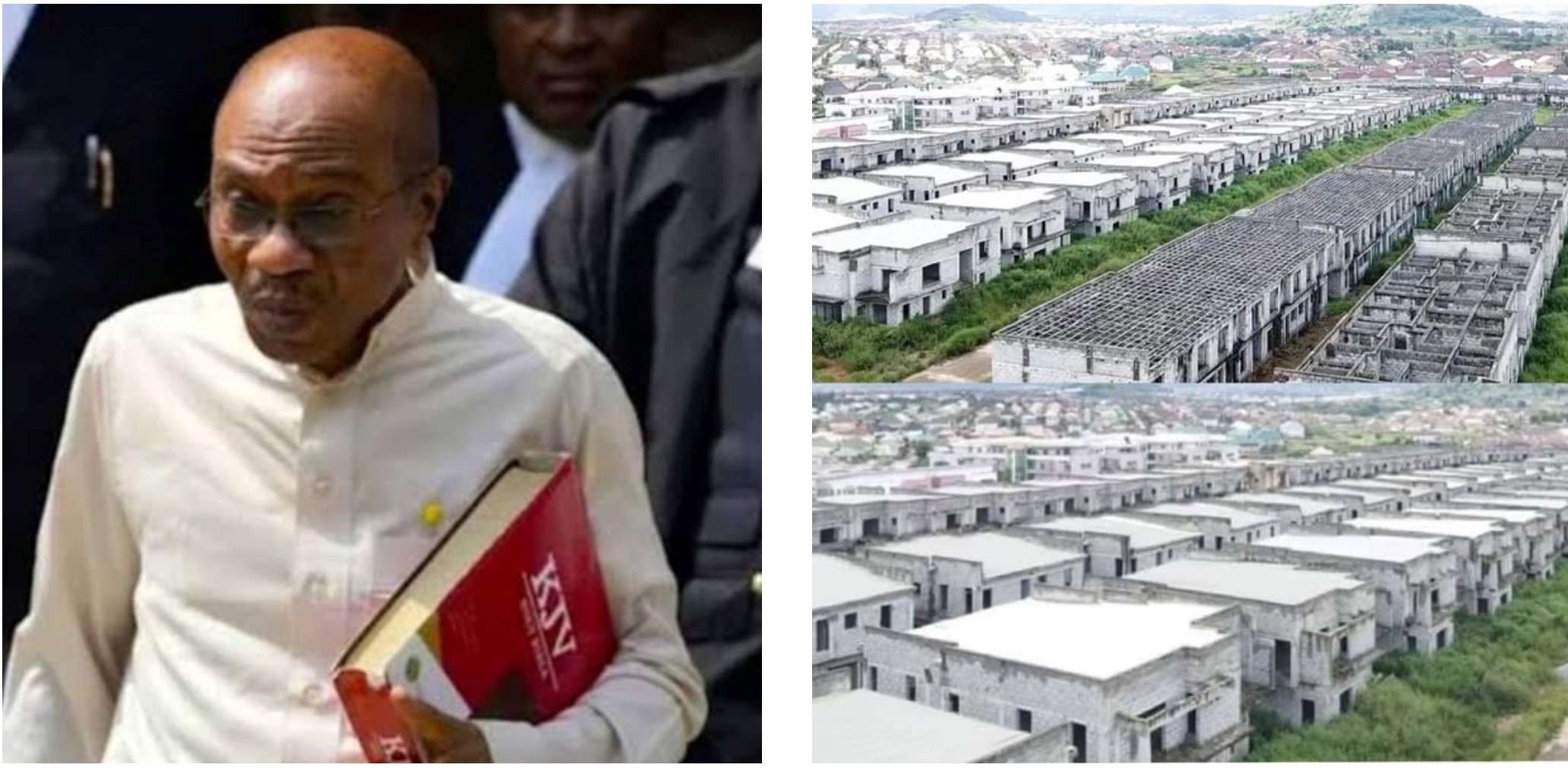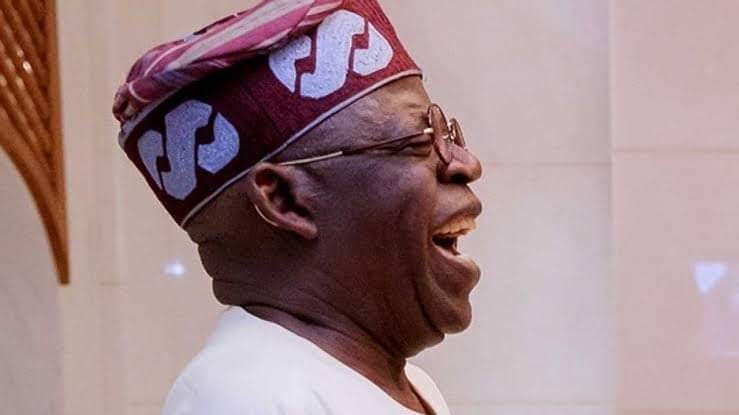Our reporter
An Abuja estate comprising 753 duplexes has been permanently forfeited to the Nigerian government following a ruling by Justice Jude Onwuegbuzie of the Federal Capital Territory (FCT) Court.
The property, located on Plot 109, Cadastral Zone C09, Lokogoma District, spans 150,500 square meters and is reportedly the largest asset recovery in the history of the Economic and Financial Crimes Commission (EFCC).
The EFCC, in a statement on Monday, confirmed the forfeiture but declined to disclose the identity of the property’s owner. However, human rights activist and #RevolutionNow convener, Omoyele Sowore, alleged on his X platform (formerly Twitter) that the estate belonged to Godwin Emefiele, the former governor of the Central Bank of Nigeria (CBN).
Sowore accused the EFCC of shielding powerful individuals involved in corruption while publicly shaming minor offenders like internet fraudsters, known as “Yahoo boys.”
“The same EFCC that parades photos of laptops seized from Yahoo boys now refuses to name the owner of an estate with 753 duplexes,” Sowore wrote.
The activist further criticised the government for allowing public officials to accumulate wealth through questionable means. “They told citizens that the government has no business building houses for the people, yet a single individual stole enough to build 753 duplexes,” he added.
The former CBN governor, Emefiele, is already facing multiple corruption charges, including allegations linked to the controversial naira redesign policy. His trial is on-going at the FCT High Court in Maitama, with further hearings scheduled for December 4, 2024, and January 21, 2025.
In court filings, the EFCC argued that the estate was acquired using proceeds of unlawful activities, invoking Section 17 of the Advance Fee Fraud and Other Fraud Related Offences Act 2006, as well as constitutional provisions. Justice Onwuegbuzie ruled that the respondent failed to justify the acquisition of the property, making the final forfeiture inevitable.
This development underscores Nigeria’s persistent struggle with corruption, where high-profile cases often spark public outcry and demands for greater accountability from anti-corruption agencies.
Critics, including Sowore, argue that more transparency and impartiality are needed in the fight against financial crimes, especially when dealing with politically exposed individuals.
The EFCC described the forfeiture as part of its mandate to ensure that ill-gotten assets are recovered and returned to the State, reiterating its commitment to holding corrupt individuals accountable. However, the silence on the owner’s identity continues to fuel speculation and public debate over the transparency of Nigeria’s anti-corruption efforts.
Get a premium automobile insurance coverage for your vehicle for as low as #15000 only and claim up to #3,000,000 in damages @Zenith Insurance To signup: WhatsApp/Call: +2349028313757







